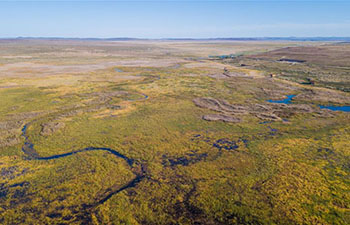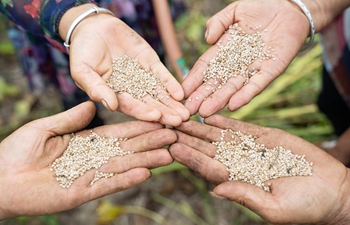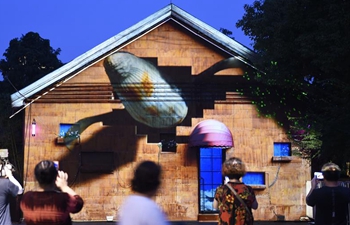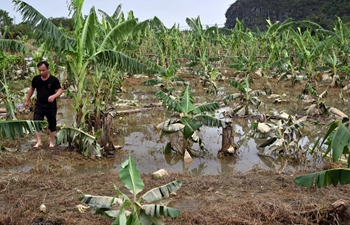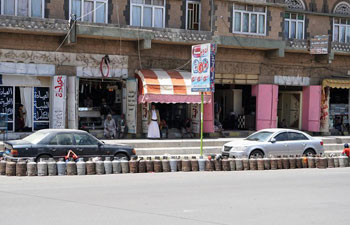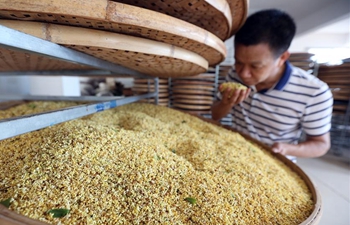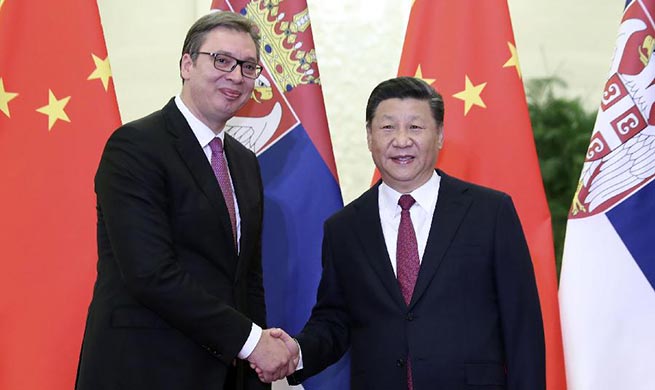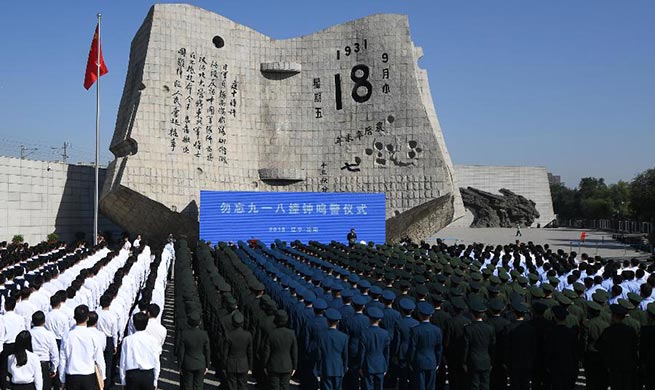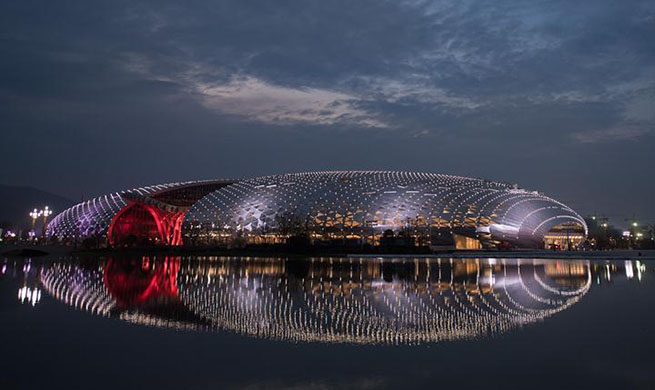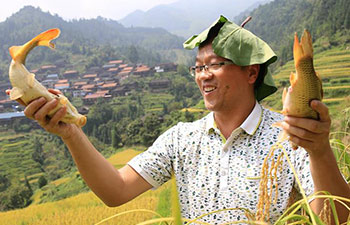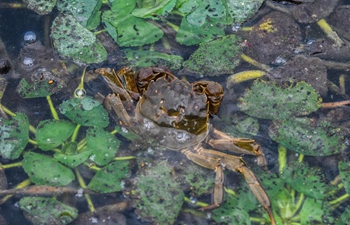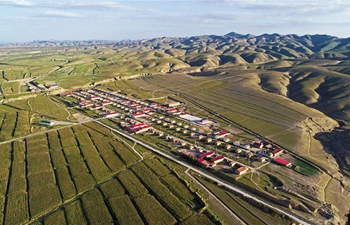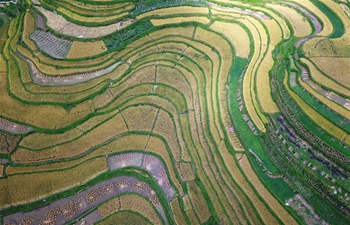BEIJING, Sept. 19 (Xinhua) -- Reporters in the news media can do more to promote science, scholars have told the three-day World Conference on Science Literacy, which was closed Wednesday in Beijing.
Under the theme of "Science Literacy for a Shared and Better Future," the first international event dedicated to public scientific literacy is hosted by the China Association for Science and Technology.
Jason Bardi, news director at the American Institute of Physics, told a subforum that science reporting is important in spreading information about discoveries and in popularizing knowledge to help people in crises like natural disasters.
He stressed the media's role as a watchdog against science fraud and misconduct.
The idea was echoed by Lloyd Davis, professor of science communication at the University of Otago in New Zealand, who said accurate science reporting can help build media reputation.
A penguin expert for 40 years, Davis has written books and documentaries. He thought good science reporting must be "entertaining, engaging, and veracious."
"We are living in an age when people have access to so much, especially social media. The best way to gain audience, proved by me and other researchers, is to use storytelling," said Davis.
"Stories can get people engaged, and reporters can use stories as vehicles to provide science."
Zhou Zhonghe, paleontologist with the Chinese Academy of Sciences, suggested media establish workshops or employ science advisers, so reporters can work with scientists.
Other scholars also offered tips to reporters, such as going deep into the studies they report and always making new revelations.




